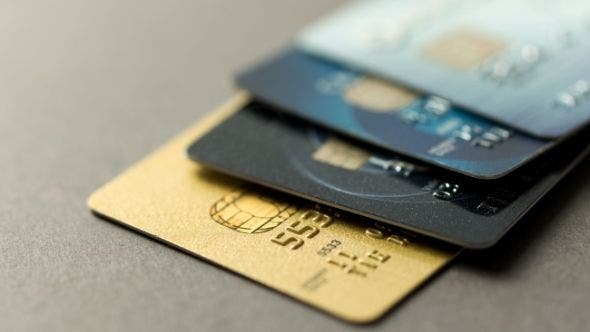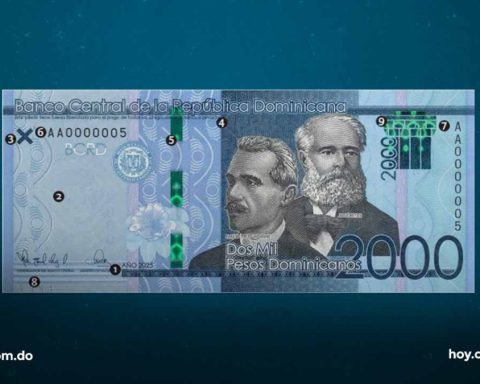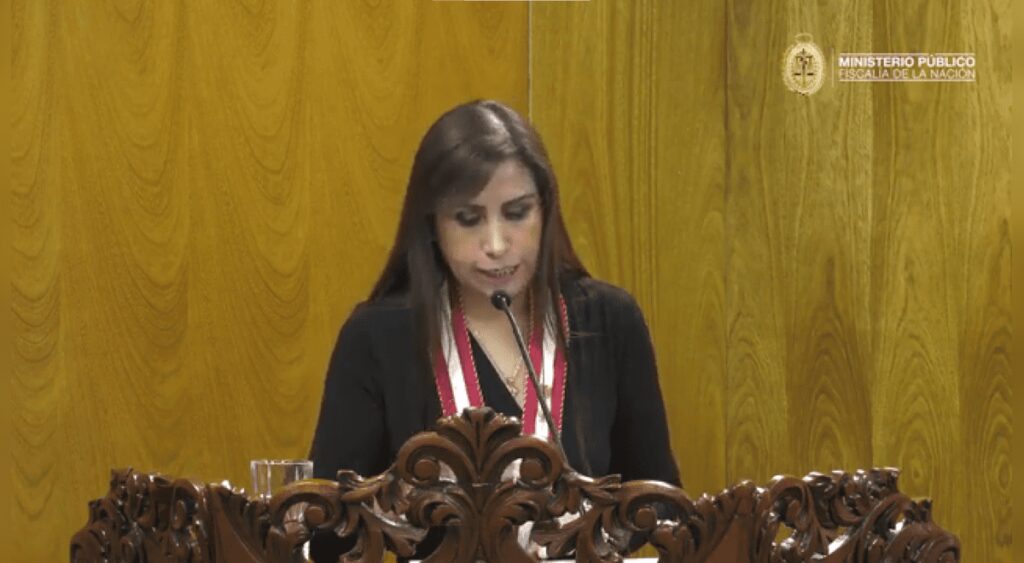One of the most used payment methods in the world is the credit card. With it you can buy in physical and online stores, as well as domicile payments for services and even withdraw cash from ATMs.
The Credit cards They have become a universal instrument to facilitate payments and other financial transactions with complete security and confidence. But, there are things that you may not know.
Here are 10 things you should know about credit cards:
1.- It is not additional money
Of the different types of personal loans offered by financial institutions, credit cards are the ones that present the most cases of non-payment, so it is important to highlight that credit cards are not additional money, since without paying on time, You will have to pay interest on your purchases.
2.- Charge the interest of the first and second month together
Something that you will see in practically every bank as a benefit of a credit card is that the first installment does not generate interest.
If you pay all your purchases in one installment, even if you make a purchase online, many banks automatically defer it to 24 months, or 18 months if it is an international purchase.
You can pay it in one installment and not cancel a penny of interest; but what they don’t tell you is that, if you are going to make a purchase in installments, the first installment does not charge you interest if you pay and you say that the payment is only a payment of the capital, but in the second installment they charge you interest on the second more interest than the first.
3.- Avoid paying it on the last day
Something very important is not to trust the payment deadline. Try not to leave your card payment until the last moment, consider that there are banks that take up to 48 hours to see your payment reflected.
Other cases that can delay your payment are problems with the transfer system, since on some occasions the same banks protect themselves from risky operations and close their operations as a security, so it is important that you make the payment of your card at least five days before the payment deadline date.

4.- Some cards offer better benefits than others
Some credit cards offer great benefits for traveling, other people have a multi-brand supermarket card that they use for their purchases, but if they are going to use them abroad they charge a fee of 1-3% for purchases in other currencies; There are cards that do not charge that, so it would be better to have one of those.
There are cards that give benefits, to buy in restaurants or gasoline, or different categories, and using one that does not have those benefits is practically losing money.
So it would be a good idea to put together a card catalog for everything you’re going to use, assuming you want to go down that kind of route.
We invite you to read: Tips to prevent your credit card from being cloned
5.- Cut-off date
It is the date that the bank records all your purchases, cash withdrawals, payments, fees, commissions, interest and value added tax for the period to determine the minimum payment and the payment to not generate interest.
The cut-off date is the day that a new period ends and begins. If you manage to identify your cut-off date, and that the movements with your credit cards are a few days after that date, that will allow you to have a credit of up to 50 days.
There is a difference between the cut-off date and the due date for your credit card payment. The cut-off date is basically the day the bank informs you of the balance to be paid, the second is the deadline you have to pay without interest being generated. Usually, it is about 23 days from the cut-off date. This means that after your “invoice” or account statement is generated, you have more than 20 days to pay with 0% interest.
6.- Credit cards have various fixed charges
Credit cards have various fixed fees that the user must pay, such as issuance or renewal fees and plastic loss insurance. The annual charges for a classic or standard credit card can amount to thousands of pesos, depending on the financial institution in question and how the user handles himself.

7.- Promotions
They are a benefit that banks offer customers to encourage their use. Promotions can be direct discounts, coupons, points, benefits, exclusive discounts, pre-sales for shows, bonuses, among others.
Promotions, far from being considered a mechanism of consumerism, if you know how to take advantage of them, allow you to pay less than paying in cash.
Now, the point is not to consume, but to know where you can obtain a benefit, and if you already have a mandatory expense scheduled, what better way to do it than where you can receive a discount or benefit.
Can read: What you should have pending for good credit card management

















